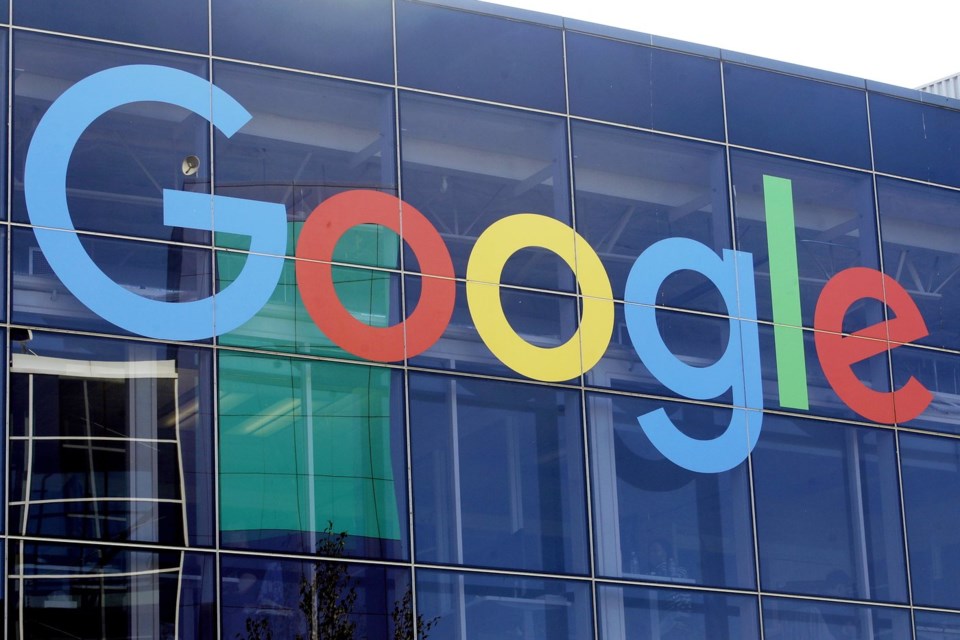OpenAI CEO Sam Altman was grilled by a Democratic senator this week about his view that up to 70% of jobs could be eliminated by AI.Sen. Gary Peters of Michigan disclosed this private comment made in his congressional office, during a hearing Thursday (May 8) of the Senate Committee on Commerce, Science, and Transportation in Washington, D.
C., to discuss the potential of AI. “Mr.

Altman, when we met last year in my office and had a great conversation, you said that that upwards of 70% of jobs could be eliminated by AI and you acknowledge that the possible social disruption of this happening,” Peters said. “We have to prepare for it.”Altman said that previous technological revolutions have also resulted in job displacements, but what’s different about AI is how quickly the disruption could be happening.
“The thing that I think is different this time than previous technological revolutions is the potential speed,” Altman said. “Technological revolutions have impacted jobs and the economy for a long time and some jobs go away; some new jobs get created. Many jobs just get more efficient and people are able to do more and earn more money and create more.
”“Over some period of time, society can adapt to a huge amount of job change and you can look at the last couple of centuries and see how much that’s happened,” Altman continued. But AI is compressing the speed of change. “I don’t think anyone knows exactly how fast this is going to go.
But it feels like it could be pretty fast.”Altman recommended letting people use AI tools early so that they can “figure out the new things that they’re going to do.”The “best thing we can do as OpenAI and as our industry is to smooth this transition,” Altman added.
“The idea is we will get to a point where AI isn’t displacing work, but actually enhancing work — that people are more productive and doing things that we probably can’t even imagine” today.Read more: Tech Leaders Urge Congress for ‘Light-Touch’ AI RegulationsIBM, Duolingo Cut Jobs Due to AIAltman’s comments come as IBM CEO Arvind Krishna told The Wall Street Journal this week that AI has automated much of the company’s human resources tasks and hundreds of back-office roles have been phased out.However, Krishna noted that IBM’s overall headcount is growing, with hiring focused on developers, sales professionals, and others whose roles require more human judgment and complex interaction.
“While we have done a huge amount of work inside IBM on leveraging AI and automation on certain enterprise workflows, our total employment has actually gone up, because what it does is it gives you more investment to put into other areas,” Krishna told the Journal.Other companies are leaning more heavily into AI-driven restructuring. Language-learning platform Duolingo, for example, has announced a plan to become an “AI-first” company.
In a company email posted on LinkedIn, Duolingo CEO Luis von Ahn told employees that it is phasing out many contract workers whose work AI can handle. Last year, it reportedly cut 10% of contract workers as it expanded its use of generative AI to create content.“Being AI-first means we will need to rethink much of how we work,” von Ahn wrote.
“Making minor tweaks to systems designed for humans won’t get us there. In many cases, we’ll need to start from scratch.”But von Ahn also said that the company still “cares deeply about its employees.
This isn’t about replacing Duos with AI. It’s about removing bottlenecks so we can do more with the outstanding Duos we already have. We want you to focus on creative work and real problems, not repetitive tasks.
”According to the World Economic Forum’s (WEF) Future of Jobs Report 2025, AI and other technologies are expected to eliminate 92 million jobs by 2030 but create 170 million new jobs. The net gain is 78 million jobs or about a 7% increase in employment.It’s a rosier scenario than WEF’s previous jobs report in 2023, which forecasted a loss of 83 million jobs by 2027 while creating only 69 million new roles, resulting in a net loss of 14 million positions, or roughly 2% of current global employment.
Roles in administrative support, record keeping, and data entry are especially at risk. Reskilling initiatives and policy frameworks are key. Otherwise, many workers may be left behind.
For all PYMNTS AI and digital transformation coverage, subscribe to the daily AI and Digital Transformation Newsletters.The post Senator Grills OpenAI CEO on View that AI Could Eliminate Up to 70% of Jobs appeared first on PYMNTS.com.
.
Business

Senator Grills OpenAI CEO on View that AI Could Eliminate Up to 70% of Jobs

OpenAI CEO Sam Altman was grilled by a Democratic senator this week about his view that up to 70% of jobs could be eliminated by AI. Sen. Gary Peters of Michigan disclosed this private comment made in his congressional office, during a hearing Thursday (May 8) of the Senate Committee on Commerce, Science, and Transportation [...]The post Senator Grills OpenAI CEO on View that AI Could Eliminate Up to 70% of Jobs appeared first on PYMNTS.com.















